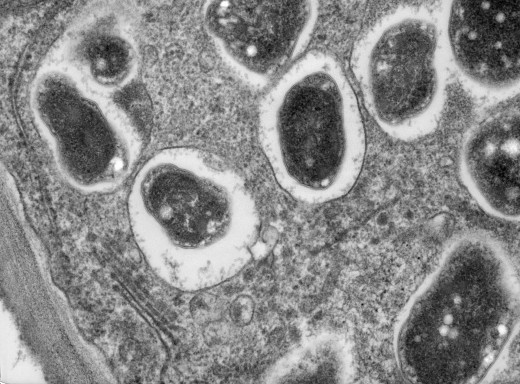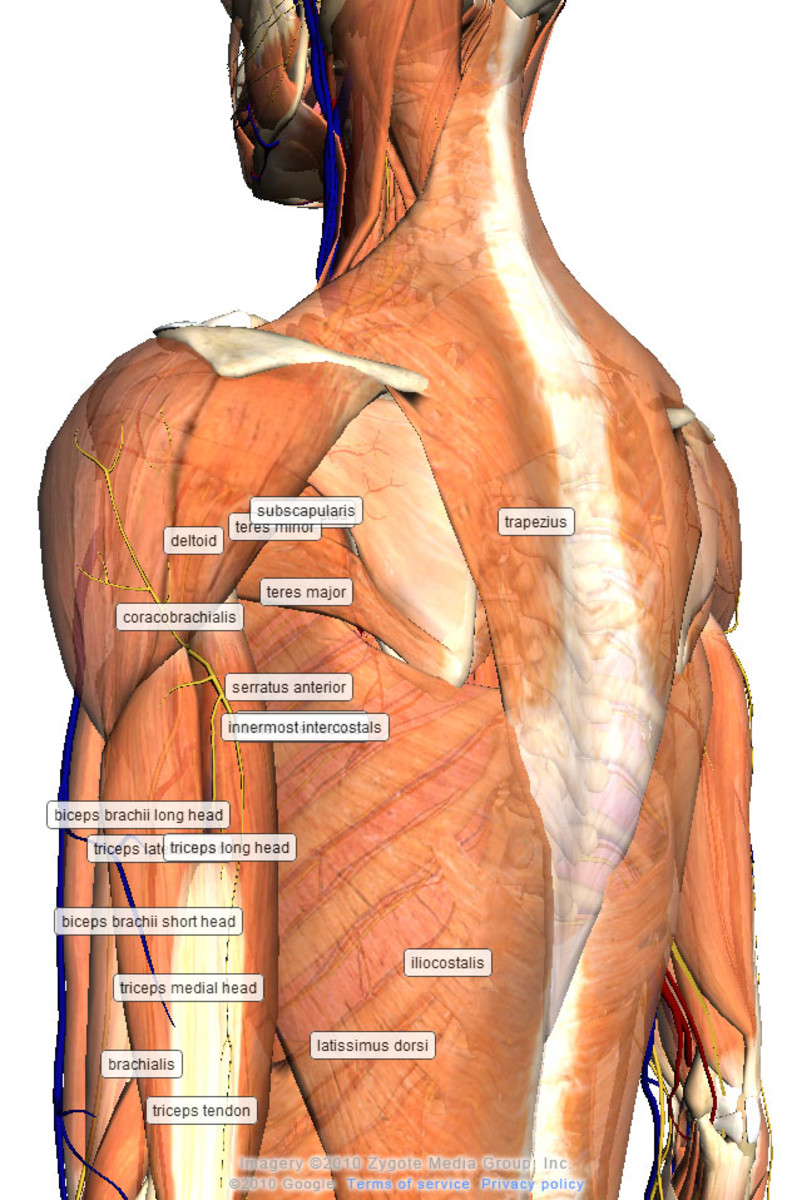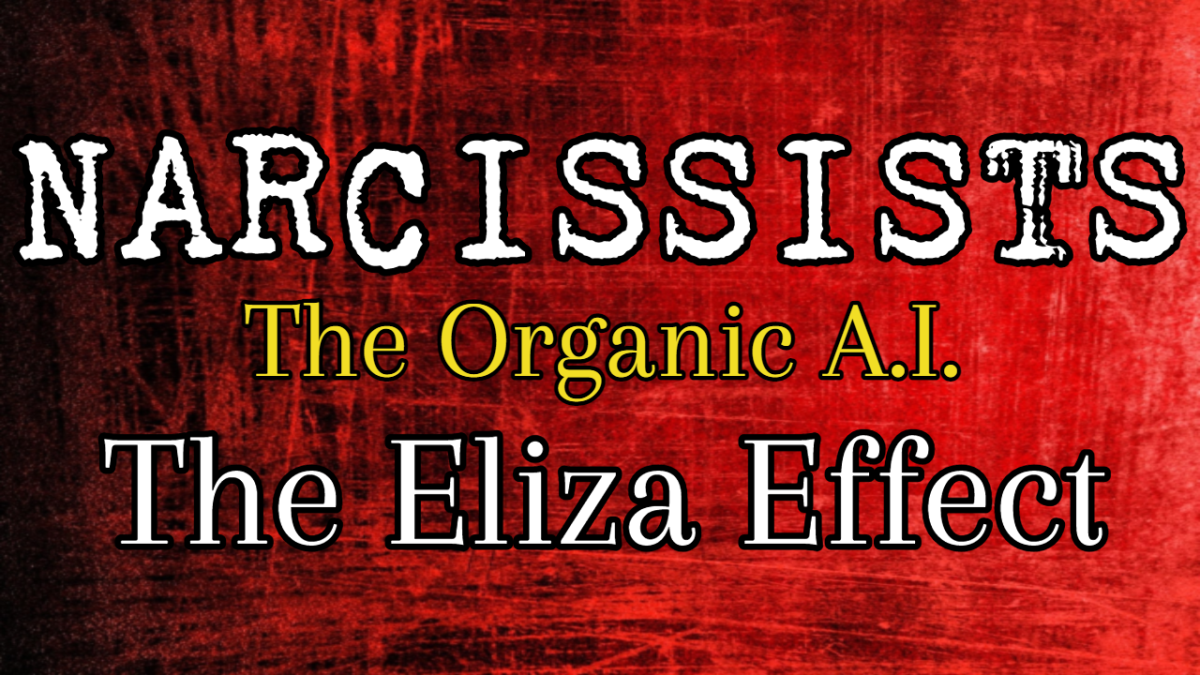Pro Choice vs Pro Life - Is Abortion Wrong?

What Are We Really Asking Here?
Pro-life or pro-choice? It's a discussion that isn't going away any time soon and I wouldn't presume to be the first to solve the debate. However, abortion is controversial because it poses a moral dilemma for people. It infringes on many people's understanding of acceptable behavior. Why? Well, because it involves deliberately terminating what these same people equate to a human life, which they view as a strictly unconscionable act. The problem for pro-choice advocates is that the unborn child, to them, does not hold the same value as the life of a self-aware, self-regulating human being, existing outside of the womb. Moreover, what of the mother's life? Is the sum total of her memories, experiences and personal growth not worth something substantial? If her health were at risk due to a pregnancy, shouldn't her inherent value trump that of a life that hasn't even started yet? This raises the first obvious question. Is an unborn child alive? The second question stemming from this is whether the unborn child has the same value and commensurate rights and freedoms as anyone else. And even if it is not alive and not of equal value, is it not painful or traumatic for the unborn to be terminated and shouldn't that be avoided at all costs? Undeserved suffering strikes a chord with all of us and we instinctively want to protect the innocent from pain and suffering. A baby in the womb is the ultimate icon of purity and innocence. It is therefore the ultimate sin to inflict pain on this most defenseless and docile of things. It think it's important to paint a vivid picture because this feeling resonates in all of us and irrespective of which side you are on, you ought to appreciate the values being challenged on matters of abortion. The first step in resolving the issue of abortion is to understand it better. To that end we will explore the 3 main questions alluded to earlier. Are unborn children alive? Are unborn children equal in value to everyone else? Are unborn children able to feel pain?
We started out looking very similar ourselves

The Meaning of Life
What is life? What does it mean to be alive? These are difficult questions to answer because like a fractal, life regresses into simpler and simpler forms. Each successive step down the ladder of size and complexity we still see evidence of life but fewer of those traits remain until we are left with nothing but molecules. Take DNA for example. DNA is the most important component that permits most cells to carry on their functions and to reproduce, yet it is merely a single molecule. In and of itself, DNA exhibits no activity or metabolism that would make it any different from any other inanimate polymer. Viruses are generally not considered alive either because they do not exhibit any activity except in the presence of a host cell. It is only by virtue of a host cell that viruses can replicate, which indicates some familiar characteristics of life, without actually being alive. Because it is very difficult to come up with an absolute, universal definition of life, we suffice to categorize different candidates by how many characteristics of life they happen to have. These biological characteristics are as follows: The ability to maintain conditions consistently over time, within the entity (homeostasis), being structurally composed of one or more cells or showing signs of organization within the entity (organelles within a cell), the ability to convert energy from one form to another for use by the entity (metabolism), the tendency for an entity to grow faster than it decays, the ability to respond to environmental stimuli, the ability to adapt to the changing environment and the ability of an entity to make copies of itself. The status of life or non-life is established based on how well a candidate fits all of these criteria. The conclusion is that many things can be considered alive for which we hold little or no value at all. A sperm cell possesses many of the aforementioned characteristics of life but a sperm cell is also limited in many ways. It cannot reproduce by itself for example. Neither can a female egg. Yet, when they fuse with each other, an additional characteristic (the ability to divide and reproduce) is gained and the resulting zygote gets a little closer to being alive. However let's be clear that this is a matter of degree. What makes it inconsequential to ejaculate into a condom yet murder to flush a zygote from a woman's uterus? Both the sperm cell and the zygote exhibit behavior attributes to living things, yes, but neither one of them have any perceivable value in human terms. A zygote is merely a ball of dividing cells, which neither individually nor collectively match the cognitive capabilities, emotions, memories or experiences of any living human. Saying that a zygote is alive may be technically correct but is of no consequence since we hold no value for equivalent forms of life. The only reason we would feel compelled to protect a zygote is because of personal bias. This isn't any old ball of cells. This is a ball of cells that will EVENTUALLY become a HUMAN BEING. Herein lies the problem with attaching simple labels to complex ideas. It is not particularly relevant whether an unborn child is considered alive or not. That's not really the issue at all. If it were, we'd be debating over an inordinate number of trivial abortions of life that are occurring all around us every second of every day, to which we have no attachment or sentimental value in the slightest. Even if we know that the end product will be a complete human being, the question of abortion applies before that state has been achieved. Truly, the second question is of greater importance. Are unborn children equal in value to everyone else?

What Makes a Human... a Human?
Consider what we know about unborn children. Depending on how far along the pregnancy is, you have a very broad spectrum of physiological development, all the way from a single cell to a fully formed (but not fully developed) human being. Also consider that even after birth, it takes considerable time before the brain's neural circuitry matures to the extent that self-awareness and memory, for example, emerge. To further compound the issue, we tend to refer to people by their qualities, their achievements, anecdotes, etc. which means we attribute value to that which has been gained through experience. Newborn children have had no experiences at all. They are merely unrealized potential but then the same can be said about all genetic permutations that are possible between sperm and egg. Where do we draw the line between something of ultimate value and something of inconsequential value? At what point does infringing on a person's rights and freedoms mean anything or have any measurable effect on that person? I think it's obvious that there is no hard line to draw. Again, it is a matter of degree. The closest thing we have to a line is the birth process itself, which is the point at which human life is officially recognized by society. I'm not saying this isn't a somewhat arbitrary line but it is a fairly obvious and convenient one to work with. With wakefulness occurring for the first time only hours after birth and most behavior being governed by the lower brain functions of the spinal chord and brain stem, much of the limbic system and cerebral cortex are undeveloped, meaning the baby is functioning very much like a machine or calculator, processing inputs and exhibiting reflexive and instinctive activity. It is well known that new neural connections continue to form well after birth in what is known as the exuberant period lasting 2-3 years. Vision, smell, emotions, and many other characteristics we take for granted emerge AFTER birth and it is important to keep in mind that birth by no means equates to a finished product mentally or physically. Having been unconscious and unaware for 9 months of pregnancy and having neither experience nor memory to constitute the baby's identity, I see no reason why an unborn child in particular ought to be seen as an equal to its mother. The mother's choice to terminate a pregnancy, it seems to me, is not an infringement upon rights or freedoms. In fact by removing the mother's choice to abort a pregnancy, one is doing the very opposite to her.
This contains a nice animation explaining the body's pain mechanism. The rest isn't relevant to this topic.
Learning What Pain Feels Like
Now if we all agree that being alive is not relevant to the discussion and that unborn children ought not to have the rights and freedoms of living people, the biggest remaining dilemma is whether abortions cause pain and suffering to the fetus. There is a growing body of scientific evidence to suggest that not only is pain impossible during the first 2 trimesters because the neural circuitry necessary for processing pain sensations hasn't formed yet but it is also likely absent all the way up until birth because the mental perception of pain is something learned in a sense and therefore requires experience outside the womb. Stuart W G Derbyshire, PhD and lecturer at the University of Birmingham's School of Psychology, explains that, "...thalamic projections into the cortical plate are the minimal necessary anatomy for pain experience.", and this is said to occur no earlier than 23 weeks gestation, becoming fully mature by 26 weeks. However, he goes on to explain, this is merely the biological infrastructure needed to transmit pain signals to the appropriate part of the brain, known technically as nociception. "A developed neuroanatomical system is necessary but not sufficient for pain experience". Contrary to common experience, pain is not just some automatic biological response. Every human being requires "conceptual content" which can only be provided outside of the womb to differentiate pain as a sensation from other sensations and to associate and localize pain with its source. Pain is subjective and personal. Stuart points out, "The limited neural system of fetuses cannot support such cognitive, affective, and evaluative experiences; and the limited opportunity for this content to have been introduced also means that it is not possible for a fetus to experience pain." Inside the womb, the dark, warm, buoyant and cushioned environment makes external physical stimuli very difficult to localize on the fetus' skin. Further, the womb induces sleep and unconsciousness that make affective experiences virtually impossible. How then, can an unborn child appreciate pain? It has been well established that nociception, or the transmission of pain signals, is necessary but not sufficient for pain to be perceived by the mind. If this does not demonstrate that abortions do not cause pain and suffering, consider that doctors routinely use anesthetics when performing abortions, which depress the perception of pain anyway so it is by no stretch of the imagination that abortions are a inherently humane.
Which side are you on?
The Maternal Instinct
No doubt the prospect of having to kill your own unborn child has emotional repercussions on the parents and indeed anyone closely associated. It is perfectly reasonable to say that abortion is wrong on the merits that it seems unfair, cruel and traumatic for those of us who have to deal with it. However on scientific and philosophical grounds, it would seem that these feelings are irrational when they come to bear on matters of the law. The evidence we have at present favors the position that unborn children are not self-aware, that they do not feel pain and that they are so biologically undeveloped and so lacking in the content of experience that their lives are not on equal grounds with our own. Rather they are more like a freshly formatted computer. Such a computer has great potential but disassembling it doesn't result in any loss of personal information, which is the most important part.








